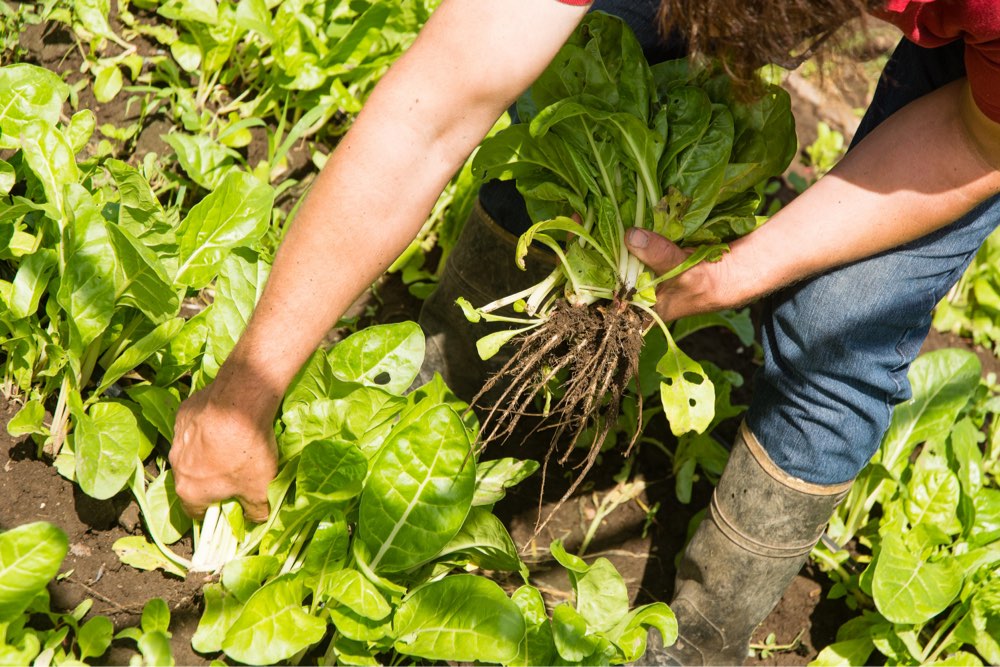The Adaptation Research Alliance (ARA) launched the Urban Resilience Co-creation Space in March 2023 with the objective of facilitating the collaborative design of an action-oriented research programme for urban resilience. The research investigates how to influence power relations and the politics of cities that drive the generation of risk and their urbanisation processes.
This programme approaches this goal through knowledge co-production methodologies. While there is a long history of interventions that deploy knowledge co-production methodologies to facilitate the engagement and dialogue of city stakeholders, the Urban Resilience Co-creation Space approaches urban resilience differently. It gives priority to the understanding of power relations and looks to investigate what methodologies are best suited to influence them in each context.
The process brought together more than 100 practitioners, policymakers and academics across the world to distil innovative and impactful approaches to urban resilience. The content of this programme, while opened to this wide consultation, remained faithful to the ARA’s commitment to the resilience of the urban marginalised.
Attending to this principle, the Co-Creation Space takes as the starting point of the new urban resilience programme the need for careful consideration of the knowledge and experiences of climate risk from all city stakeholders, particularly most vulnerable groups.
For these reasons, consultations opened with the question: how can we best facilitate a dialogue and collective climate action among a diverse set of stakeholders, respecting the views, experiences and adaptation choices of the most marginalised and vulnerable urban dwellers?
Process of engagement
To accomplish such an ambitious objective, the Urban Resilience Co-creation Space set up an intricate consultative process that ensured both breadth and depth.
First, a thorough review of the literature on co-production methodologies deployed in sustainability studies, common resource management and ecosystem services, and urban resilience was conducted. This review informed each of the following steps in the consultation.
Second, three regional consultative workshops were held virtually, inviting participation in Latin America, Sub-Saharan Africa and South Asia. Workshops involved a breadth of participants across the spectrum of research, policy and programmes, and elicited their hands-on experience of how innovative approaches interact with a very diverse set of contexts.
Lastly, the Co-Creation Space invited practitioners and policymakers across the world to submit in-depth case studies that truly engage with the specificities of the methodological innovations they are leading.
To ensure the quality and relevance of this process, the Urban Resilience Co-Creation Space set up an Advisory Board with member carefully selected among practitioners, policymakers and academics with a focus on urban resilience. The Advisory Board acts as an independent observer, ensuring that findings, conclusions and ultimately the urban resilience programme itself is reflective of the consultation and remains relevant to contemporary policy challenges and programme gaps.
Impactful outcomes
This co-creation process is expected to produce a number of impactful outcomes. First, the outcomes of the consultation and the literature review will be published as way to share with the wider community the state of play in facilitation methodologies for multi-stakeholder engagement for collective climate action.
Second, the way the consultative process has been conceived, including the establishment of the Advisory Board, responds to a strategic goal: establishing a network of partners across the world that could be activated for the implementation of the resulting new urban resilience programme.
Third, the Urban Co-Creation Space will chair an event at COP28 where preliminary results will be shared. In addition to this, the event is another strategic action from the Co-Creation Space that seeks to further the engagement of potential key partners.
The sum of all these outcomes, it is strongly believed, will lead to not only the development of an innovative resilience programme, but also the establishment of a partnership capable of its effective and impactful implementation.
If you are interested in joining these online workshops, please complete this form.
Related
Join the ARA
Want to join our global coalition? Learn about the benefits of ARA membership and whether your entity or organisation is eligible.

